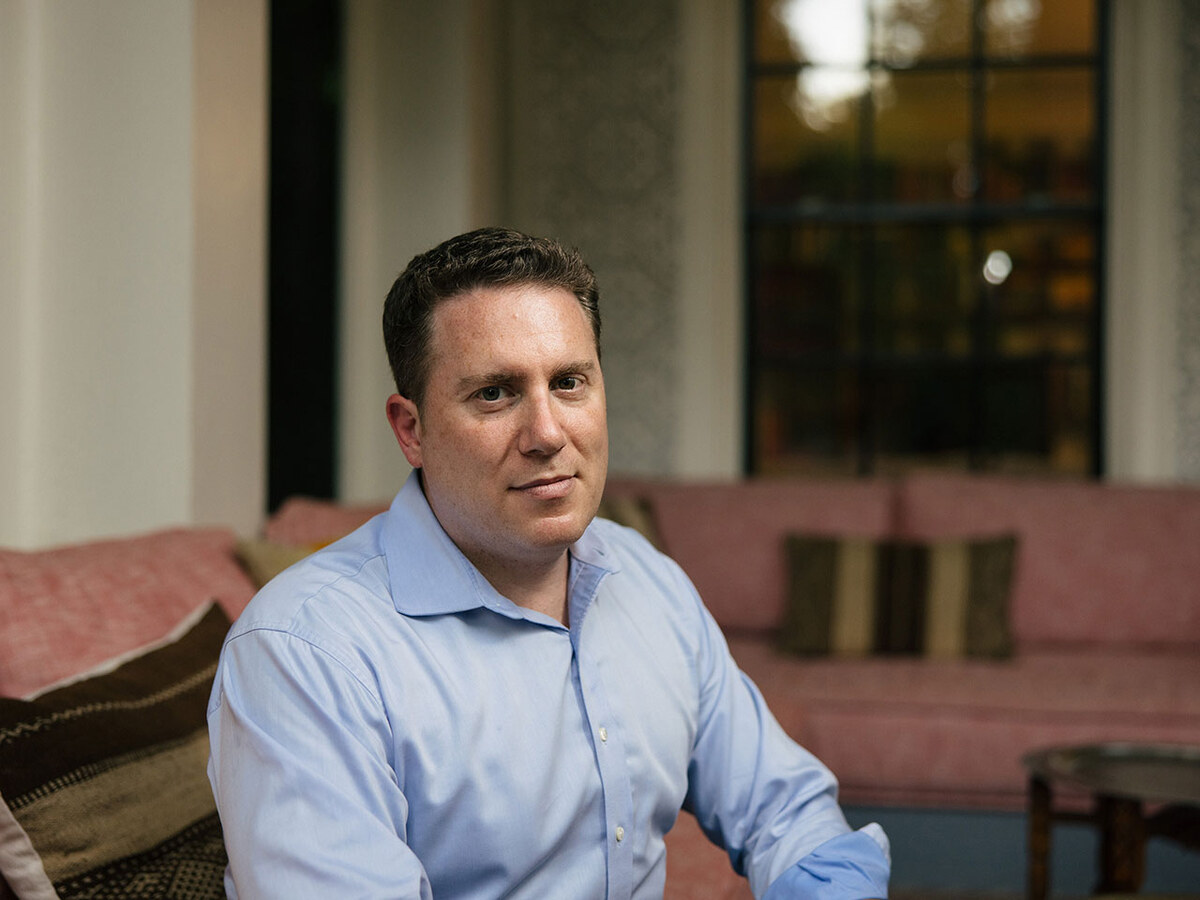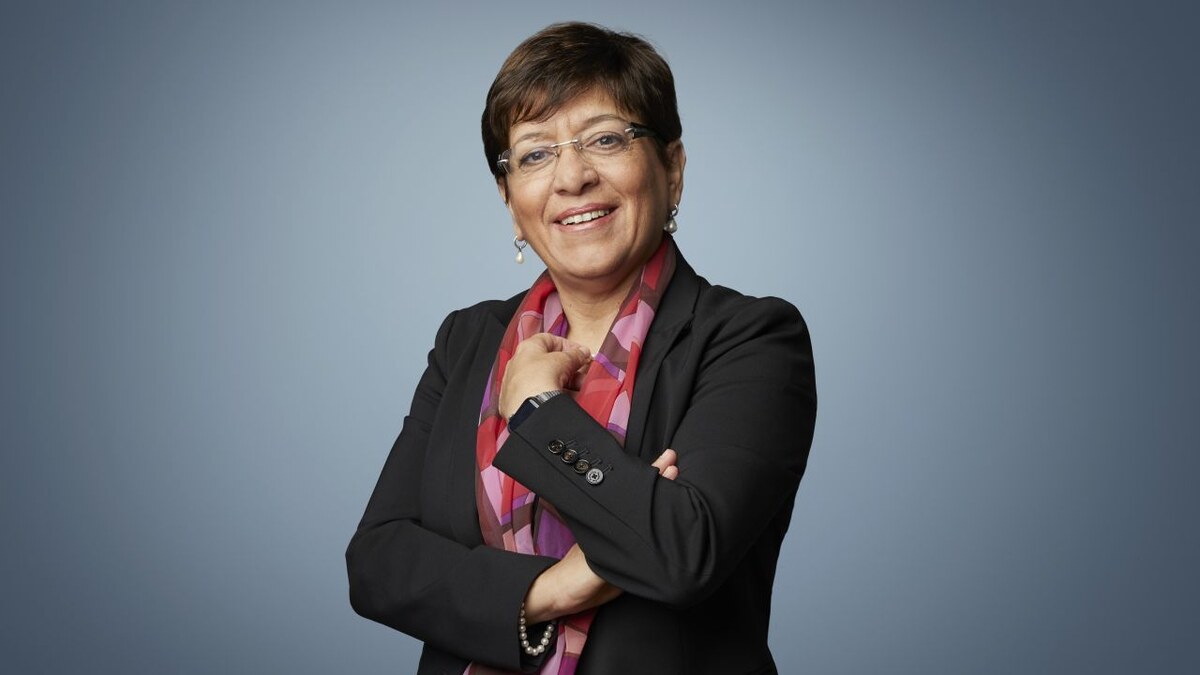RIYADH: Media experts are concerned that older generations are more susceptible to AI-generated deep fakes and misinformation than younger people, the audience at the Global AI Summit in Riyadh heard on Tuesday.
“I am so much more worried about Gen X (those born between 1965 and 1980) and older people,” Semafor co-founder and editor-in-chief Ben Smith said during a panel titled “AI and the Future of Media: Threats and Opportunities.”
He added: “I think that young people, for better and for worse, really have learned to be skeptical, and to immediately be skeptical, of anything they’re presented with — of images, of videos, of claims — and to try to figure out where they’re getting it.”
Smith was joined during the discussion, moderated by Arab News Editor-in-Chief Faisal Abbas, by the vice president and editor-in-chief of CNN Arabic, Caroline Faraj, and Anthony Nakache, the managing director of Google MENA.

Semafor co-founder and editor-in-chief Ben Smith.
They said that AI, as a tool, is too important not to be properly regulated. In particular they highlighted its potential for verification of facts and content creation in the media industry, but said educating people about its uses is crucial.
“We have always been looking at how we can build AI in a very safe and responsible way,” said Nakache, who added that Google is working with governments and agencies to figure out the best way to go about this.
The integration of AI into journalism requires full transparency, the panelists agreed. Faraj said the technology offers a multifunctional tool that can be used for several purposes, including data verification, transcription and translation. But to ensure a report contains the full and balanced truth, a journalist will still always be needed to confirm the facts using their professional judgment.
The panelists also agreed that AI would not take important jobs from humans in the industry, as it is designed to complete repetitive manual tasks, freeing up more of a journalist’s time to interact with people and their environment.
“Are you really going to use AI go to a war zone and to the front line to cover stories? Of course not,” said Faraj.

Vice president and editor-in-chief of CNN Arabic, Caroline Faraj.
Smith, who has written a book on news sites and viral content, warned about the unethical ways in which some media outlets knowingly use AI-generated content because they “get addicted” to the traffic such content can generate.
All of the panelists said that educating people is the key to finding the best way forward regarding the role of AI in the media. Nakache said Google has so far trained 20,000 journalists in the region to better equip them with knowledge of how to use digital tools, and funds organizations in the region making innovative use of technology.
“It is a collective effort and we are taking our responsibility,” he added.

Anthony Nakache, the managing director of Google MENA.
The panelists also highlighted some of the methods that can be used to combat confusion and prevent misinformation related to the use of AI, including the use of digital watermarks and programs that can analyze content and inform users if it was AI-generated.
Asked how traditional media organizations can best teach their audiences how to navigate the flood of deep fakes and misinformation, while still delivering the kind of content they want, Faraj said: “You listen to them. We listen to our audience and we hear exactly what they wanted to do and how we can enable them.
“We enable them and equip them with the knowledge. Sometimes we offer training, sometimes we offer listening; but listening is a must before taking any action.”



























